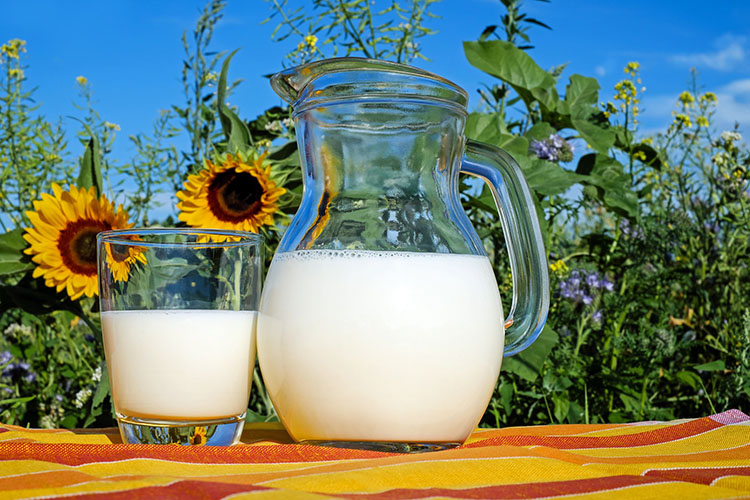
We have all seen the local foods movement continue to expand. Customers looking for foods produced in their region have even been paying more to know where that food was grown. Now, the state of New Hampshire, home to approximately 96 dairies, has taken that momentum a little bit further with a bill signed into law last August that allows milk produced in the state to be sold at a premium of 50 cents per gallon.
The bill passed after a 2018 survey of over 500 adults revealed that 85% said they would pay more for milk produced in the state if they knew the money was going back to farmers. Interviews at grocery stores in and around the area echoed similar results.
Of the 50-cent up charge, the law provides that 43 cents will go to New Hampshire farmers — an additional $5 for every cwt. sold in-state. Unsurprisingly, dairy producers like the sound of that.
But on the other side, processors and retailers aren’t so sure about the measure.
Hood Milk is a Massachusetts-based processor with plants in multiple states including New Hampshire. The company has not been interested in participating, presumably because of the difficulty in separating and labeling milk solely from New Hampshire cows.
The Northeast Dairy Foods Association, a trade association representing processors, distributors, and manufacturers in eight states, opposed the bill for similar reasons. The law “is unique, but it is flawed,” according to Executive Vice President Bruce Krupke. “This kind of program is, at very best, extremely difficult to implement for a lot of reasons and is thus, not workable,” added the organization in their address to the state’s legislature.
Krupke’s concerns also include how out-of-state processors that sell milk in New Hampshire could be harmed as well as the logistical costs of administrating and overseeing the program.
Premium milk is mostly at a standstill in the state as consumers and dairy promotion boards work to convince manufacturers and retailers that this is a worthwhile endeavor. So far, it’s been difficult to have those conversations. New Hampshire Department of Agriculture, Markets, and Food Commissioner Shawn Jasper is encouraging consumers to talk to their retail store managers so the store’s suppliers hear that local milk is what their customers want.
The motivation behind the bill was to support local farmers, but Krupke wants consumers to know this is not the only, or best, way to show your concern. “It’s very simple,” he said when asked about local farmers going out of business. “The answer is, have a glass of milk with a meal once in a while. That’s it. We don’t need to have this program implemented administratively, logistically increasing the price for consumers, when the answer is to simply consume more of the product.”

Katelyn Allen joined the Hoard’s Dairyman team as the Publications Editor in August 2019. She manages the development, editing, and marketing of the variety of resources offered through the Hoard’s Dairyman Bookstore. Katelyn is a 2019 graduate of Virginia Tech, where she majored in dairy science and minored in communication. Katelyn grew up on her family’s registered Holstein dairy, Glen-Toctin Farm, in Jefferson, Md.








